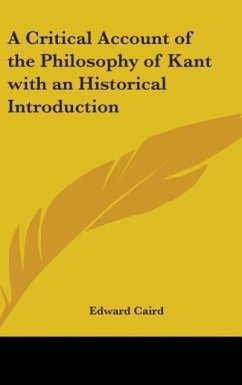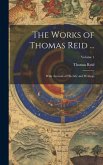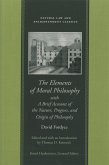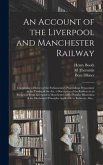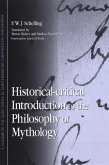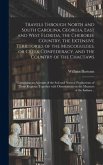1877. Caird's first book, A Critical Account of the Philosophy of Kant with an Historical Introduction established him as a leading British Kant scholar. He used subsequent exchanges, many of them in Mind, to reiterate and then develop his Hegelian reading and thus became a major contributor to the British idealist movement. Contents: The Critical Problem; The Critical Spirit in Ancient and Mediaeval Philosophy; The First Period of Modern Philosophy-Descartes and Spinoza; The Second Period of Modern Philosophy-Locke, Berkeley and Hume; The Second Period of Modern Philosophy-Leibnitz; The Second Period of Modern Philosophy-The Wolffian Philosophy. The Philosophy of Kant. Part First: The Pre-Critical Period. Part Second. The Criticism of Pure Reason: The Problem of the Critique and Kant's Preliminary Statement of It; Understanding and Sense; Argument of the Aesthetic; Criticism of the Aesthetic; General View of the Analytic; The Two Logics and the Discovery of the Categories; Kant's Preliminary Statement of the Object of the Transcendental Deduction; Transcendental Deduction of the Categories as Stated by Kant; Criticism of the Transcendental Deduction; The Schematism of the Categories; The Principles of Pure Understanding; Kant's General View of the Empirical Sciences; The Distinction of Phenomena and Noumena and the Amphiboly of the Reflective Conceptions; The Transcendental Dialectic. The Nature and Origin of the Ideas of Reason; The Transcendental Paralogism of Rational Psychology; Rational Cosmology as Explained and Criticised by Kant; Criticism of the Kantian Doctrine as to the Nature, Origin, and Solution of the Antinomies of Rational Cosmology; The Ideal of Reason and the Criticism of Rational Theology; and The Regulative Use of the Ideas of Reason. See other titles by this author available from Kessinger Publishing.

